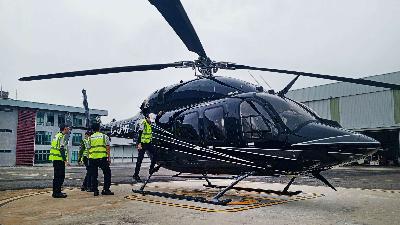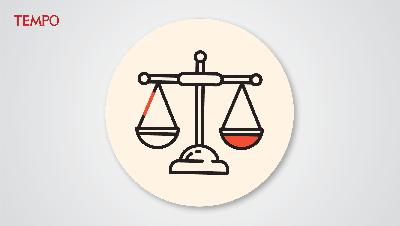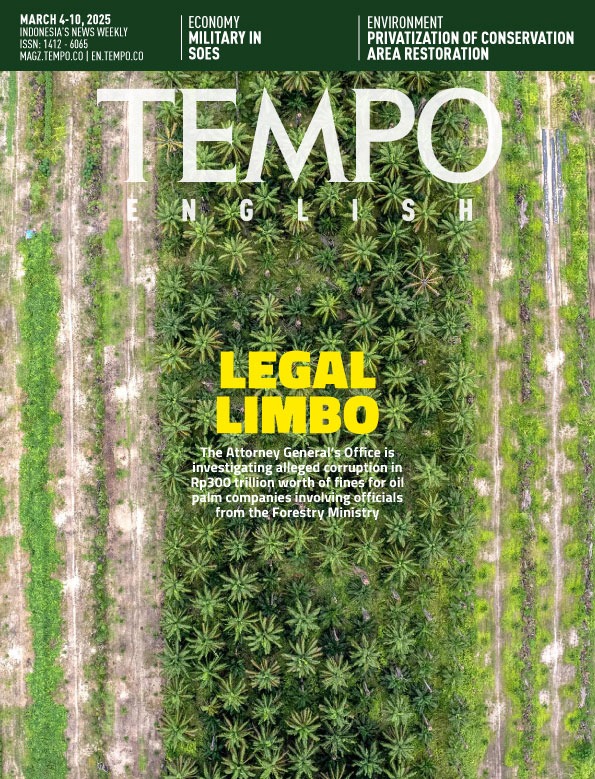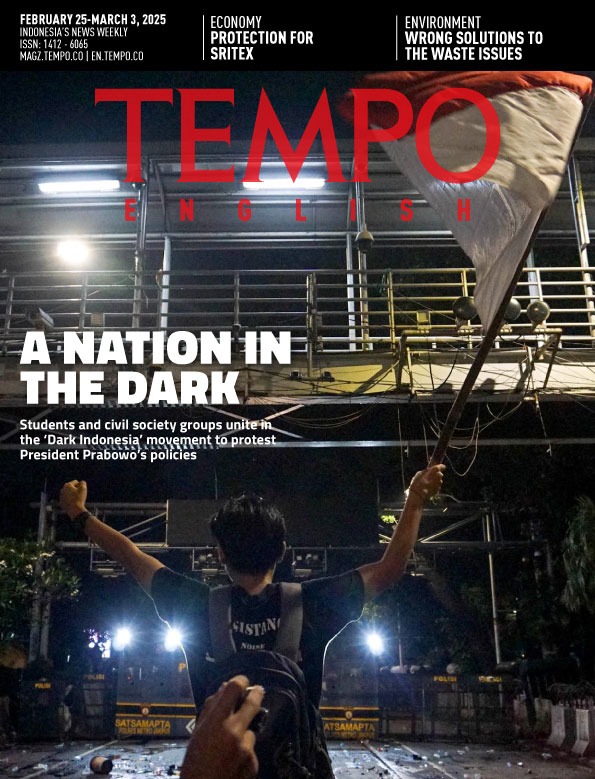1998 Student Kidnapping is Human Rights Violation
Monday, October 28, 2024
Prabowo Subianto is hoping to erase his sins in relation to the 1998 kidnappings. Gross human rights violations will not be a priority.
arsip tempo : 174275398298.
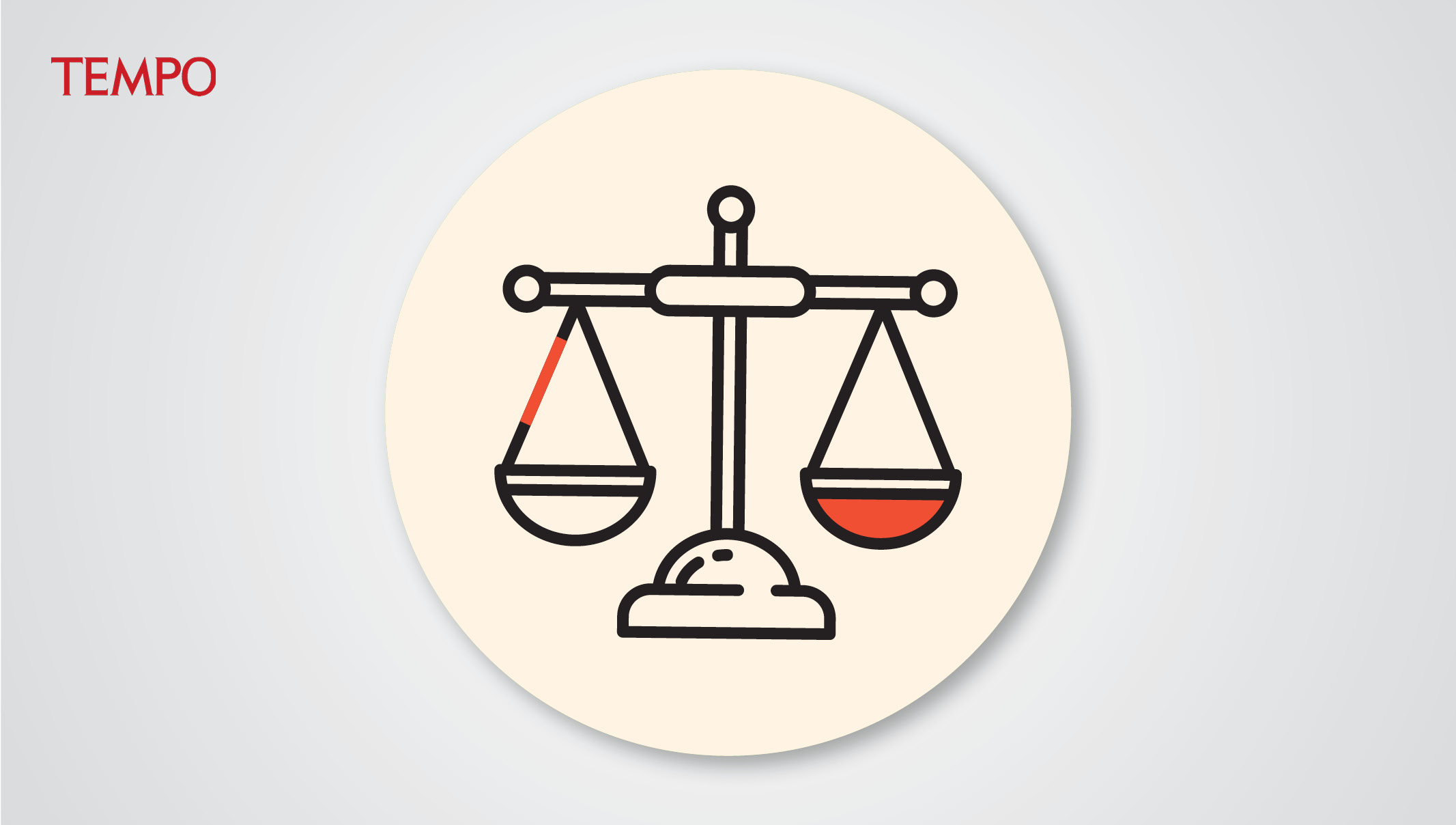
PRESIDENT Prabowo Subianto carries a heavy burden from the past that cannot be erased. When he was Commander of Special Forces Command from 1997 to 1998, Prabowo was responsible for the kidnappings and forced disappearances of a number of activists. Now his administration appears to be using various means to try to obscure these grave sins.
In 2008, the National Commission on Human Rights (Komnas HAM) identified 12 cases of serious violations of human rights, including the forced disappearance of people that involved Prabowo together with the Mawar (Rose) Task Force, better known as the Tim Mawar. But Prabowo, the Gerindra Party, and the politicians supporting him have said that this case has been resolved. They claim that all the activists who were kidnapped have been returned and that there is no direct evidence of the involvement of Prabowo in these criminal actions.
This statement is clearly an effort to erase history. In 1998, Military Police Headquarters found evidence showing that Prabowo was the man behind the kidnappings of these activists. And in August 1998, the Officers’ Honors Council stated that it was Prabowo himself who ordered Tim Mawar and Tim Merpati (Dove) to arrest and detain nine activists.
It is true that these nine activists have now returned, and three of them—Faisol Reza, Mugiyanto and Nezar Patria—are even in Prabowo’s government. But there are still 13 activists missing, including Wiji Thukul from the Folk Culture Work Network, Petrus Bima Anugrah and Suyat from the Students Solidarity for Democracy in Indonesia, or SMID.
In April 1999, the Jakarta High Military Court II sentenced 11 members of Tim Mawar for jail terms between 12 and 22 months. These sentences were subsequently reduced by the Supreme Military Court in October 2000. Ironically, their commander, Prabowo, remained free and is now the president.
The Officers’ Honors Council only tried Prabowo for ethical violations. It found that his actions “did not reflect officer ethics” and recommended his discharge from the military. But President B. J. Habibie decided to give Prabowo an honorary discharge with full pension rights.
Therefore, Prabowo has never been put on trial for these kidnapping offences. Given that these kidnappings of activists were classified as a serious violation of human rights by the National Commission on Human Rights, Prabowo can be tried at any time. And this is the part of his past that Prabowo appears to want to erase.
The statement by Coordinating Minister for Justice, Human Rights, Immigration, and Corrections Yusril Ihza Mahendra that the 1998 incident was not a serious violation of human rights reflects the view of the Prabowo administration regarding human rights. In his Asta Cita—the eight missions of his government—Prabowo only refers to human rights in general, such as protection of the rights of all citizens, and the ending of discrimination, without touching on the gross human rights violations of the past.
There are strong indications that the Prabowo administration wants to make this nation forget its dark history. It seems that immunity for those guilty of serious human rights violations will be preserved, while the victims of their actions will never receive justice.




